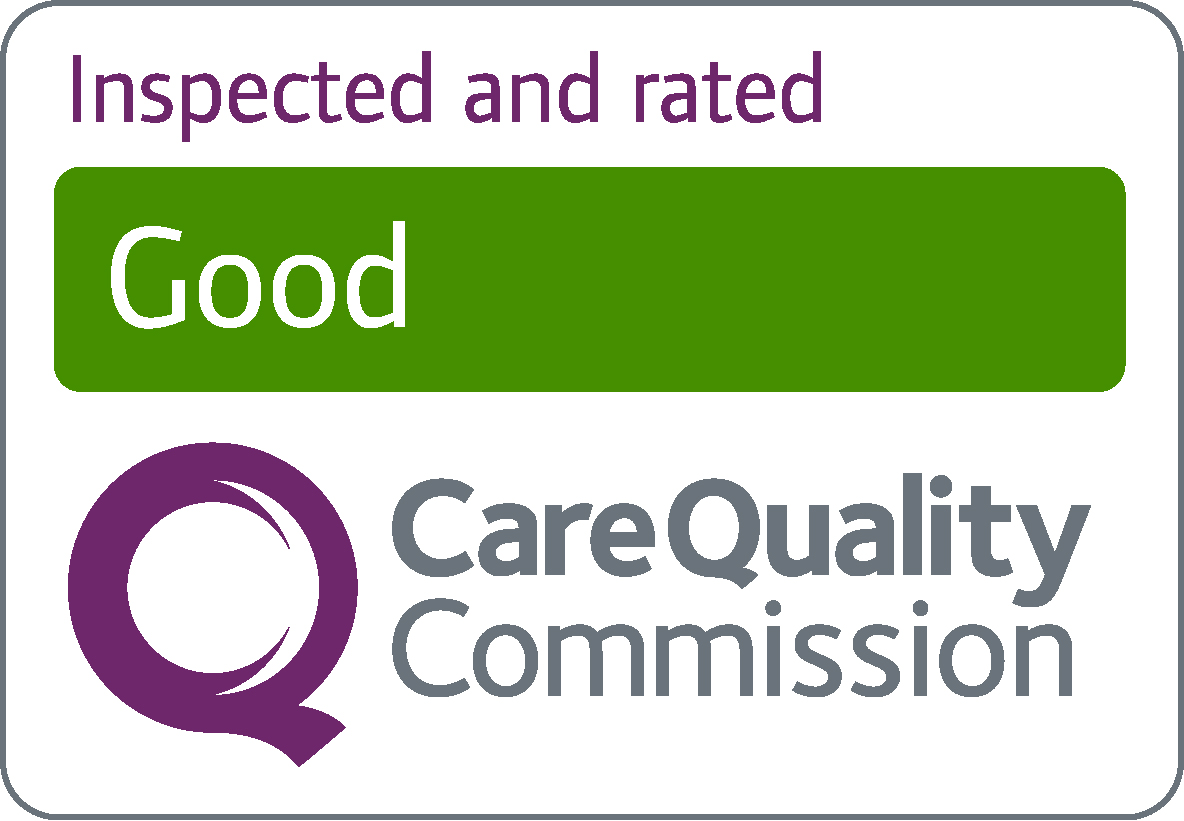The Emergency Department (A&E) is intended for patients who have received a serious injury, sudden severe Illness or a medical emergency.
Only attend a hospital Emergency Department in the event of an accident or emergency. An emergency is a critical or life-threatening situation, such as:- loss of consciousness
- acute confused state and fits that are not stopping
- persistent, severe chest pain
- breathing difficulties
- severe bleeding that cannot be stopped
- severe allergic reactions
- severe burns or scalds
Is your accident really an emergency?
A lot of people needing the NHS consider visiting either their GP or A&E or dialling 999. However, the NHS offers many more ways for people to get the right treatment.
Minor accidents which don’t need emergency treatment include cuts, sprains and rashes. People with this type of injury can visit Walk-In Centres or a Minor Injuries Unit where an appointment isn’t needed and a wide range of non-urgent conditions can be treated.
In many instances, pharmacies can help. They can give advice and over-the-counter remedies for diarrhoea, minor infections, headaches, coughs and colds, as well as selling bandages and supports for minor twists and sprains.
Anyone who is unsure on the best course of action can always ring NHS 111 for health advice 24 hours a day, seven days a week.
Choking, chest pain, blacking out, blood loss and fractures are all considered emergencies and those with these symptoms should not hesitate in visiting their local A&E department.
It’s a good idea to make sure your GP surgery, local Out of Hours number and NHS111 are saved into your mobile phone so you can quickly and easily call for advice if you’ve had a minor accident

